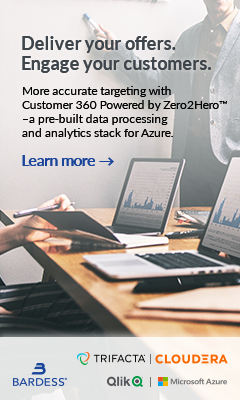By Karen Miglin – Internet and Social Media Marketing Manager
Business intelligence (BI) is all about data and seeing that data in the best way possible in order to get the most out it. How does BI do that? It turns your data into information that can be used to make knowledgeable decisions to drive the success of your business.
But wait…what if the data is incorrect? No matter what type of BI strategy you apply, the resulting information will be wrong which will lead to wrong decisions. Not good!
Have you ever built your own home or know someone who has? If so, then you might know that after the excavators dig and before they pour the foundation, they have to put in “footings”. These are the concrete cornerstones that the rest of the house is built on. If the footings are bad, the whole house is affected. Bad footings will overtime affect the quality and structure of the house. If the footings are lopsided, then everything built on top of that will be lopsided as well.
Much like the footings of a house, data is the concrete cornerstone for your business. Bad data will gradually have a negative effect on your business because data is what you use to make the decisions that drive your business. Bad data sneaks up on you and you don’t know it’s harmful until it’s already cost you big time.
Most companies today, have a measure of bad (inaccurate, erroneous) data, but they just don’t know it. And, unfortunately, bad data is one of the most costly economic drains on a company today. Bad data will:
- stunt operational efficiency in virtually every area of the organization
- significantly decrease an organization’s revenue-generating opportunities, and
- lead to a significant reduction in the organization’s ability to effectively answer critical business questions.
Still want to ignore your data? Do so at your own risk.
Want to:
- Increase the operational efficiency in every area of your organization?
- Significantly increase your organization’s revenue-generating opportunities?
- Increase your organizations ability to effectively answer critical business questions?
Then take the next step. Contact us for a free, no obligation consultation. You’ll be glad you did.
